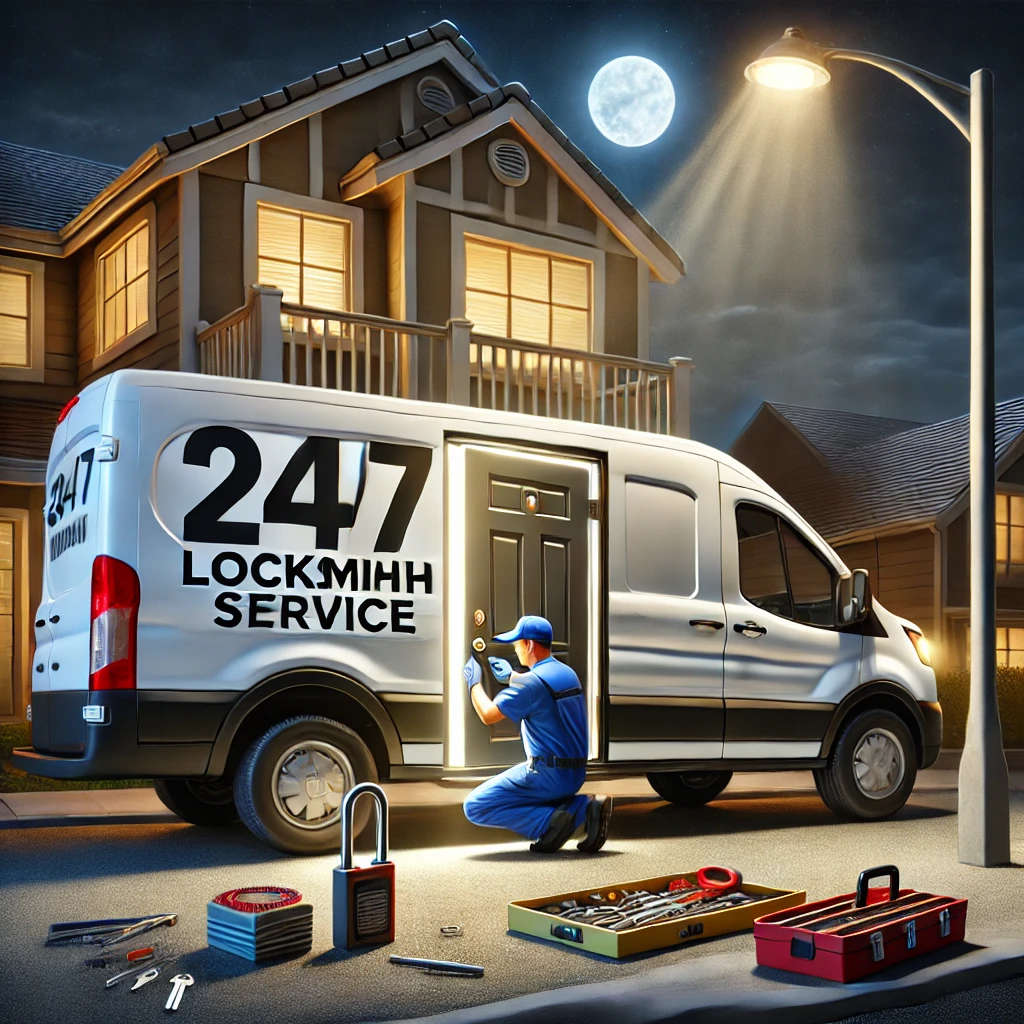Biophilic design is revolutionizing interior spaces by seamlessly merging the beauty of nature with modern…

Small Contractors: Handling Unpaid Customer Bills
Addressing Non-Payment Issues as a Small Home Service Contractor
As a small home service contractor, dealing with customers who don’t pay their bills can be frustrating and financially challenging. It’s important to know that each state has regulations and thresholds for legal action against non-paying clients. Familiarize yourself with your state’s guidelines to understand your options when dealing with unpaid invoices.
Recourse Options for Unpaid Invoice
If a customer does not pay their bill, you have several options for recourse. These may include:
- Sending a demand letter: Start by sending a formal demand letter to the customer, outlining the unpaid balance, terms of the agreement, and a deadline for payment. This letter is a written record of your attempts to collect payment and can be used as evidence if the dispute escalates.
- Filing a mechanics lien: In many states, contractors can file a mechanics lien against the property where the work was performed. This legal claim secures the debt and can prevent the property owner from selling or refinancing until the debt is paid. Be aware of specific deadlines and procedures for filing a mechanics lien in your state.
- Small claims court: If the unpaid balance falls within your state’s small claims court threshold, you can file a lawsuit to recover the debt. This option is typically faster and less expensive than a full-fledged civil lawsuit but may have limitations on the amount that can be recovered.
- Collections agency: Hiring a collections agency to pursue the debt on your behalf is another option. While this can save you time and effort, collections agencies typically charge a percentage of the recovered amount as their fee.
- Civil lawsuit: For larger unpaid balances, you may file a civil suit against the non-paying client. This option can be time-consuming and expensive, so weighing the costs against the potential benefits is essential.
Preventing Non-Payment Issues
To minimize the risk of non-payment, consider implementing the following strategies:
- Clear contracts: Ensure your arrangements clearly outline the scope of work, payment terms, and consequences for non-payment.
- Deposit and progress payments: Request an upfront deposit and schedule progress payments throughout the project to minimize financial risk.
- Communication: Maintain open communication with clients and address any concerns promptly to avoid misunderstandings and disputes.
- Documentation: Keep thorough records of all work performed, invoices, and communications to support your claims if a dispute arises.
- Credit checks: Perform credit checks on potential clients to assess their financial reliability before entering a contract.
Final Word: Protecting Your Business and Finances
Dealing with non-paying customers can significantly challenge small home service contractors. By understanding your state’s regulations, knowing your recourse options, and implementing strategies to prevent non-payment issues, you can protect your business and finances while maintaining positive client relationships.



